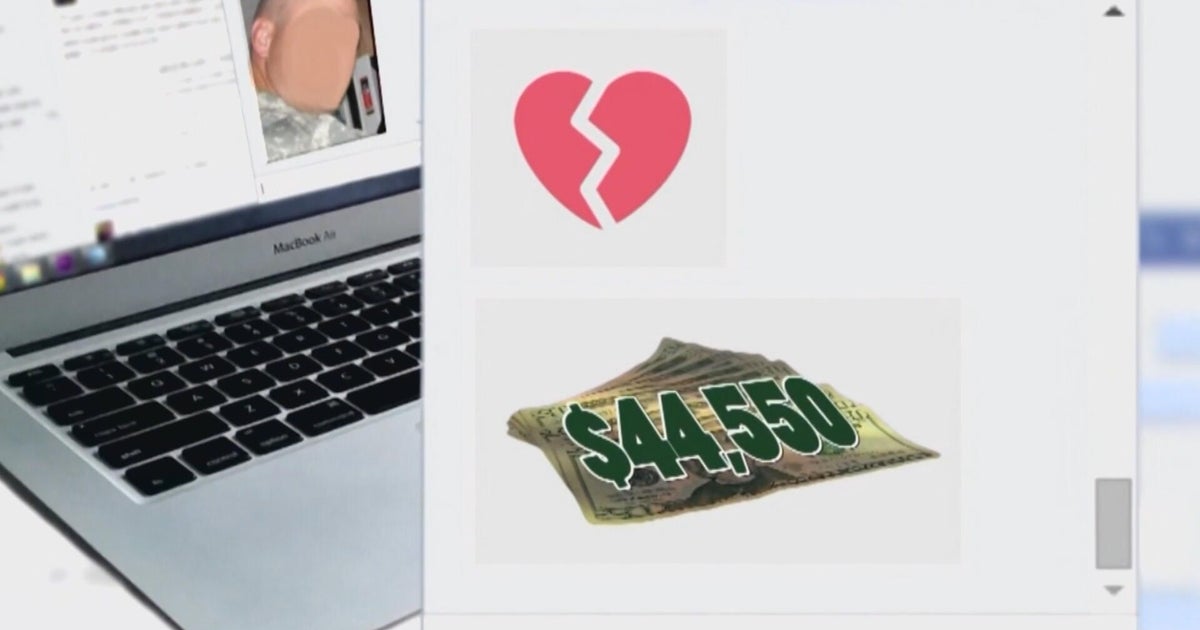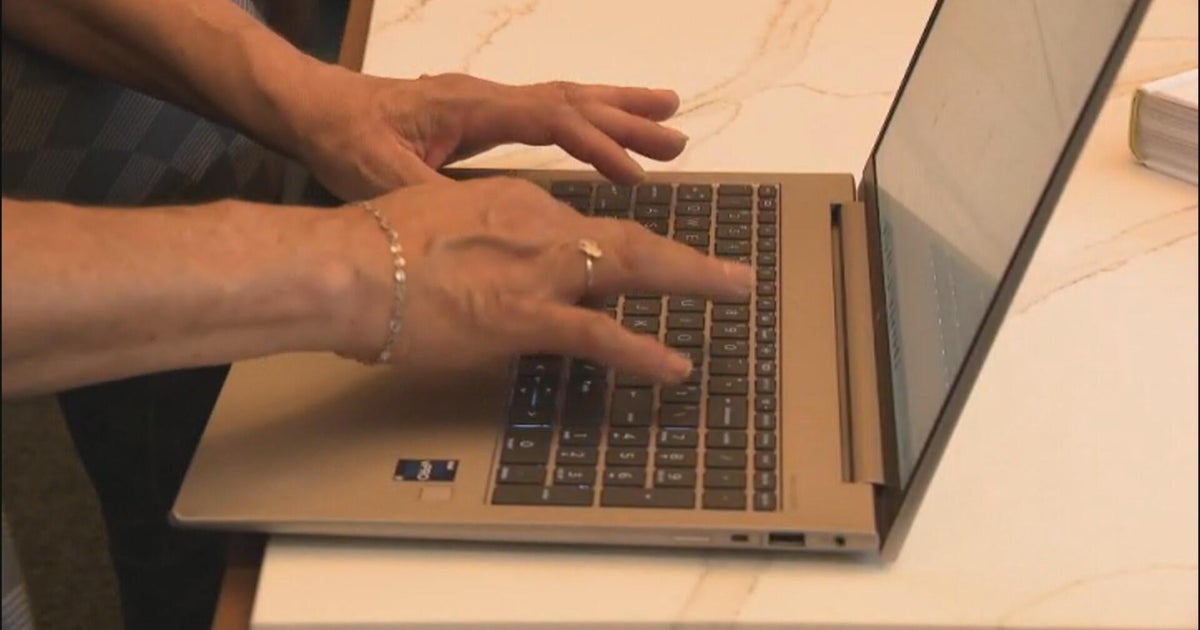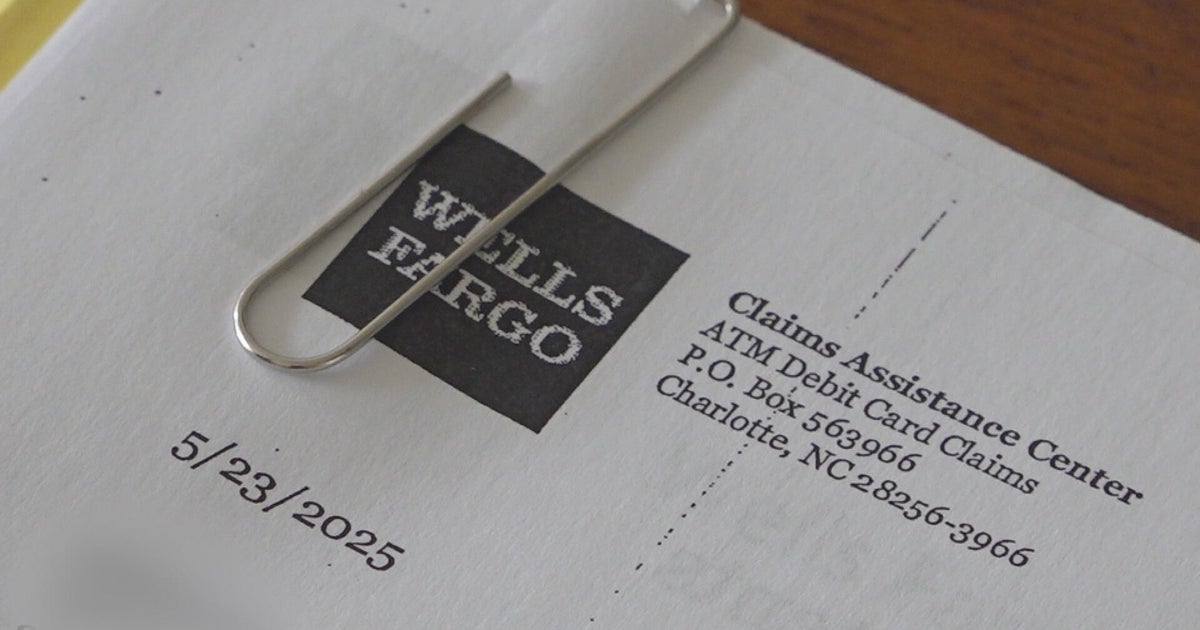National Consumer Protection Week: Phishing
BOSTON (CBS) - This is National Consumers Protection Week. This is a campaign to reach consumers to help them make informed decisions but also to help them avoid being scammed.
According to the Federal Trade Commission's latest numbers consumers lose close to $50 billion a year to scams! I have more information in my files for fraud than I do for any other subject.
Turn on your computer and voila, the scams find you. The scammers go phishing for their victims. They send out a blanket e-mail that looks very official from a business or financial institution you may do business with stating there is a problem with your account.
They then ask you to log in and ask you to update your account information. They are hoping to trap a few victims into sending personal information. And they do!
Last fall Verizon sent out a letter to its customers regarding phishing and they enclosed a sample phishing letter so their customers could see what a bogus letter looked like. They offered some very good suggestions on avoiding scams.
Avoid being hooked in a phishing scam:
- Do not open suspicious emails. Look for misspellings, awkward requests or inconsistent grammar.
- A Web site link included in an email can make getting to a Web site easy, but it can also be used to send you to a malicious Web site.
- If you have doubts about the authenticity of an email, do not click on any links in the email – instead, type the Web site or Web page address into the 'address bar' of your browser.
- Never type sensitive personal information, such as social security and/or driver license numbers or account numbers and/or passwords, in a reply email.
- Use spam filters to block suspicious emails.
- Use anti-virus and anti-malware software to automatically detect and eliminate malicious software.
- The best practice when you find a phishing email is to either immediately delete it or report it to the company or organization being impersonated.
If you do get an e-mail that is phishing or spam, forward it to the FTC at spam@uce.gov. They are trying to catch the bad guys!
Doing all of that some phishing e-mails still slip in. You should question why an e-mail may have been sent to you. You basically need to be skeptical about everything that comes via e-mail. Your bank is not going to send you an e-mail telling you your account has been compromised.
One more thing: And then there is all of the other junk mail. Here the spammers have figured out how to send out blanket e-mails in hopes of getting a few victims to buy their Viagra pills, green tea or colon cleansing drinks. If they slip by your spam filters just delete them. There is a reason they are called junk mail!







